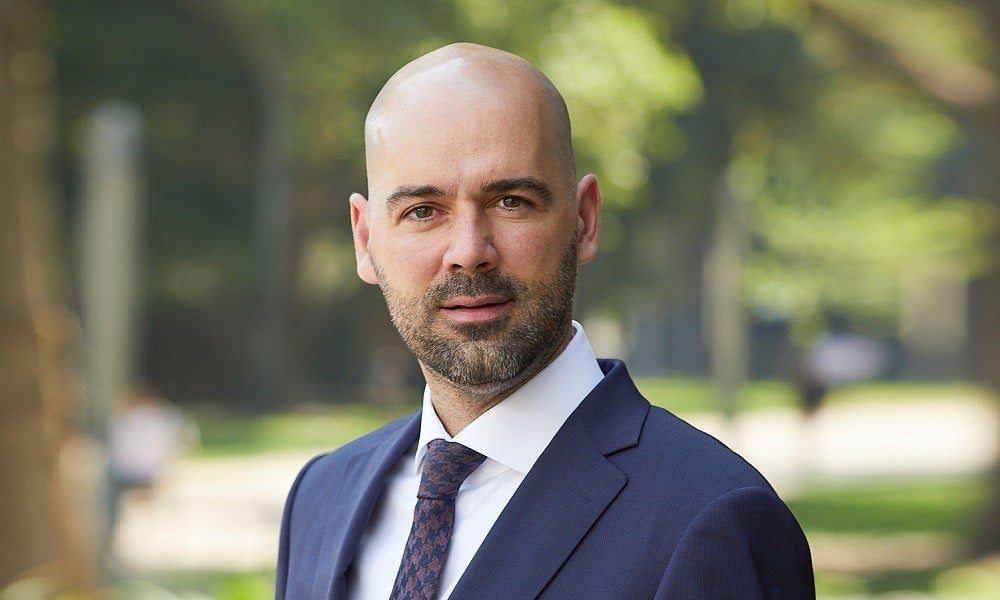Learn to say “yes”: Behind the science of luck and serendipity
Embracing opportunities and saying 'yes' can lead to long-term career development and unexpected success, writes UNSW Business School’s Frederik Anseel
In recent years, an entire industry – workshops, training, coaching – has sprung up, teaching people how to say no in the workplace. I get it. We live in the age of mental wellness. People need to set boundaries. Overwork, burnout and workplace toxicity are lurking. “Your work won’t love you back,” is the new mantra.
I think most of the advice is plain wrong. In my own industry, career sessions are organised for young academics during conferences. “Ten ways to say no,” is one of the first pieces of advice they hear. “Focus on your own research, on your own agenda and try to postpone as many tasks as possible that do not directly help you move forward,” is another. I don’t think that is the best advice when you are young. Why?
Students and graduates need to prepare for long, unpredictable careers. For them, my advice is now a provocative: “Learn to say yes.”

The career path ahead for future talent
Young people do not yet know where their path will lead. The nature of talent is flexible and multifunctional. For each talent, there are an infinite number of possible career paths. How your talent will develop depends on the opportunities that present themselves. You must deliberately test and challenge your own talent to know which shoe fits best. Every time you say no, a door closes – an opportunity, a future where your talent may have been unique.
That goes against our intuition. We think that focus and making tough choices are the essence of success. They certainly are for companies. Management Professor Michael Porter wrote ‘the essence of strategy is choosing what not to do.” But young people are not companies. Young people are a barrel full of possibilities and talent, looking for challenges to sharpen themselves.
In the 1941 book The Garden of Forking Paths, author Jorge Luis Borges described how all possible outcomes in life exist simultaneously. The younger you are, the more forking paths you want to keep open. But you can only do that by saying yes when opportunities present themselves. And sometimes, opportunities disguise themselves as small, pointless tasks, an additional role, a lunch with a colleague, or an invitation to a meeting whose relevance you don’t see.
Every time you say yes, you buy a ticket to the lottery of new opportunities in life. The effect is exponential. The ticket not only gives you a new opportunity to test your talent, but it is also your ticket to get more tickets later. Every door you open gives access to new other doors.
Subscribe to BusinessThink for the latest research, analysis and insights from UNSW Business School
The roles of luck and serendipity
If Borges sounds a bit too heavy, read the more frivolous ‘Yes Man’. Writer Danny Wallace decides to say yes to every single request and invitation he gets for a year. This leads to a series of unexpected and often hilarious adventures. He wins $45,000, gets a job as a TV executive, meets the woman of his dreams and eventually becomes a bestselling author.
I know, this column sounds suspiciously like a self-help book written by a motivational guru. But it really isn’t. It’s the science of luck and serendipity. Everyone needs a good dose of luck in their career to meet the right person or job at just the right time to put them on the right path. Luck is, by definition, randomly distributed. That means that you have just as much chance as anyone else of being lucky. But the more tickets you buy in the career lottery, the more likely you are to be lucky too.
Be curious. Say yes to unpredictable questions that arise. Every yes can create exponential new possibilities.
Frederik Anseel is a Professor of Management and Dean of UNSW Business School. He studies how people and organisations learn and adapt to change, and his research has been published in leading journals such as Journal of Applied Psychology, Journal of Management, American Psychologist, and Psychological Science. A version of this post was first published in De Tijd.
